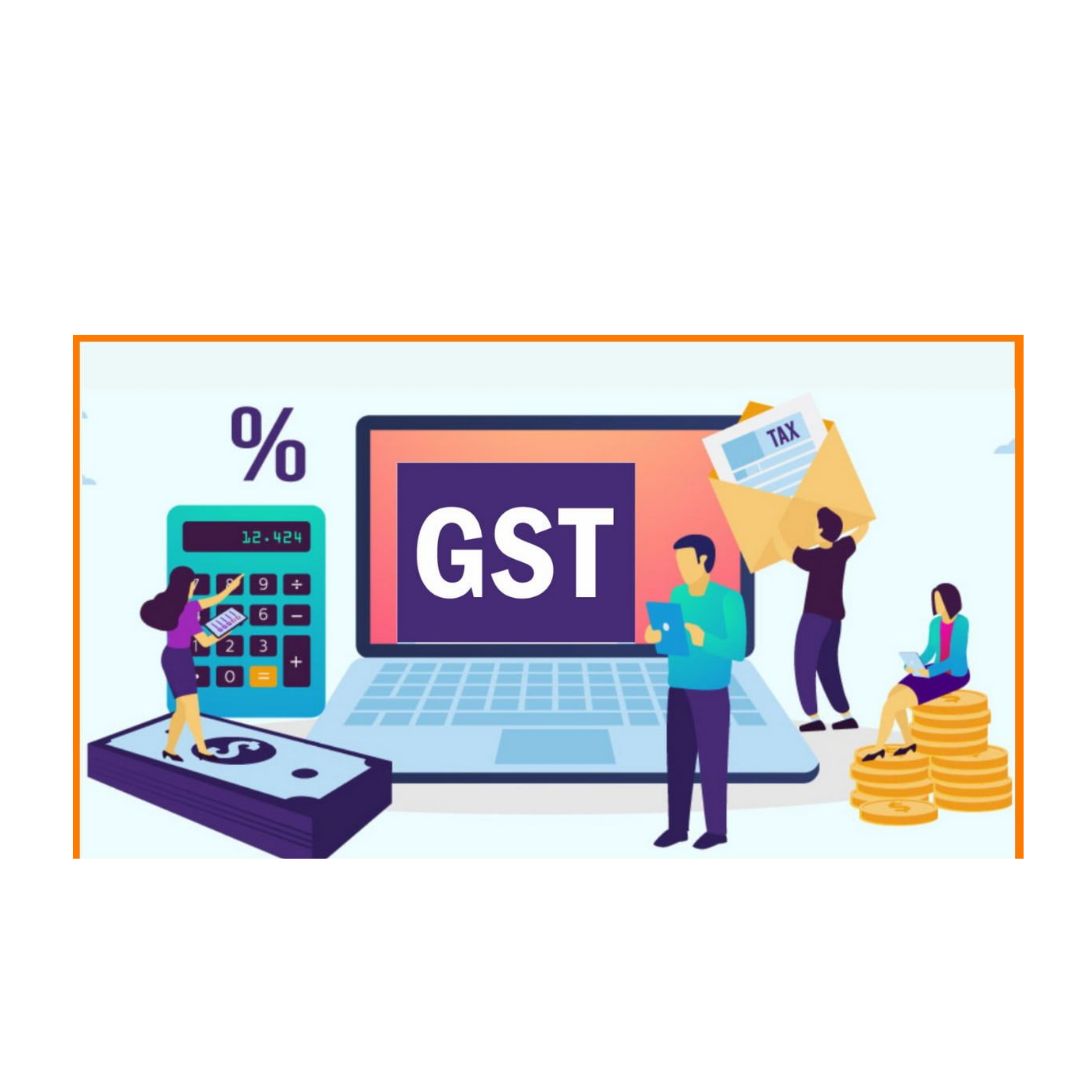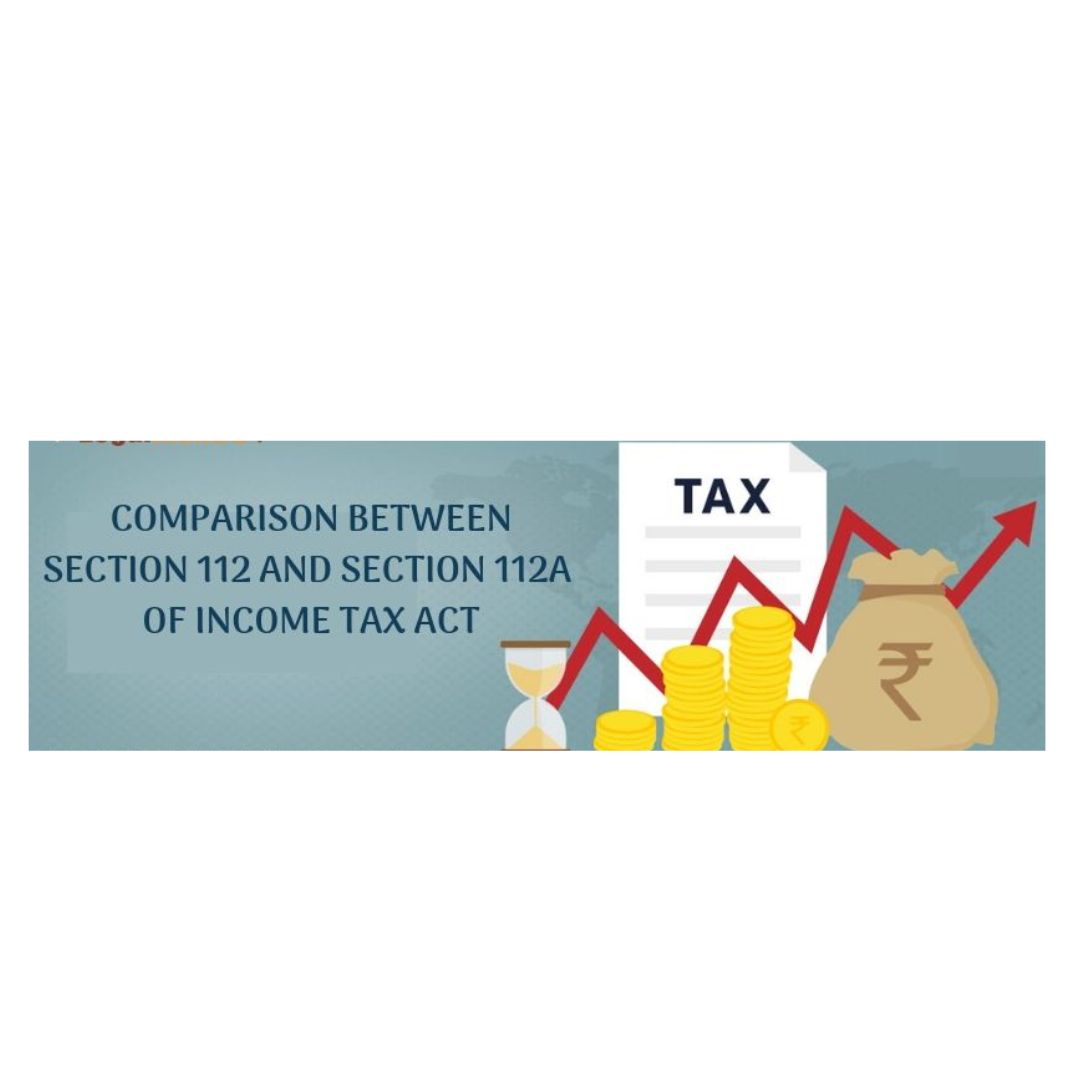How to do GST compliance for private limited company?
How to do GST compliance for private limited company Compliance with GST for a private limited company entails meeting the prescribed guidelines and fulfilling the requirements of the Goods and Services Tax (GST) as established by the tax authority. Here are some key aspects of GST for Private limited company: GST Registration: If your company… Read More »









